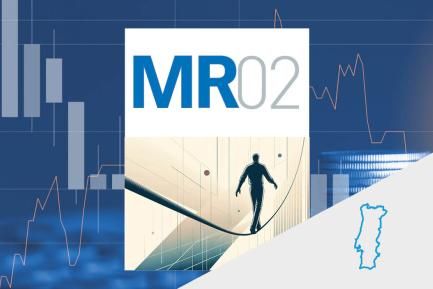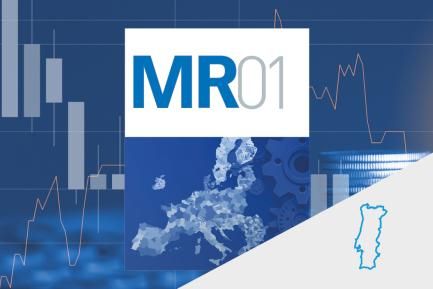After a strong start to the year, the Portuguese economy is losing steam
GDP stagnated in Q2
GDP stagnated in Q2, reflecting a deterioration in foreign demand following strong growth in the previous quarter, while domestic demand performed better, especially thanks to the improved tone in household consumption.
The latest data for Q3 offer mixed signals, albeit with signs of a slowdown
On the one hand, retail sales and vehicle sales remain strong, with growth of 3.6% and 9.6% year-on-year in July, respectively. Overnight stays by tourists are also encouraging and continue to exceed those of 2022. On the other hand, the daily economic activity indicator suggests a very modest year-on-year growth in August, while the economic climate indicator fell by 0.1 percent compared to July. As for prices, the preliminary inflation figure for August shows a new rally to 3.7% (driven by the rise in energy and unprocessed food prices), although the core component continues to decline.
The labour market remains steady in Q2, but the latest data reveal risks
The unemployment rate fell from 7.2% to 6.1% and the employed population reached the highest level since Q2 2009 (+1.6% year-on-year). Nevertheless, there are some warning signs, such as the rise in precarious employment, which accounts for almost 80% of the year-on-year increase in wage-earning employment, and registered unemployment, which grew by 2.5% year-on-year in July. In addition, there was an historically high number of workers made redundant, as well as an increase in mass redundancies and in unemployment benefit claims in July.
The public accounts remain in the black for the seventh consecutive month
The cumulative budget surplus up to July was 1.4% of GDP, with revenues increasing by 8.6% year-on-year and expenditure up 5.9%. The main drivers of these increases were the growth in tax revenues in the former case, and the rise in current transfers (as a result of the inflationary update to pensions and the growth in the number of pensioners) and staff costs in the latter.
Trade surplus in the first half of the year
Up to June, the trade surplus stood at just over 2.1 billion euros, in contrast with the deficit of just over 2.9 billion in 2022. This improvement is due to several factors: (i) the significant reduction in the energy deficit, thanks to both the normalisation of prices and the reduction in the volume of fuel imports, (ii) the marked improvement in the surplus of the tourism balance and (iii) the increase in the capital account surplus compared to 2022, thanks to EU funds to support investment.
The real estate sector shows a moderate slowdown
Prices are rising, but without the exuberance of the past, and the slowdown in the market is becoming apparent on the demand side. Home prices climbed 1.8% in Q2 2023, marking the lowest quarterly increase in two years. We continue to anticipate a soft landing for prices in 2023, supported by the encouraging Q1 data, the strength of the labour market and the limited real estate supply.






